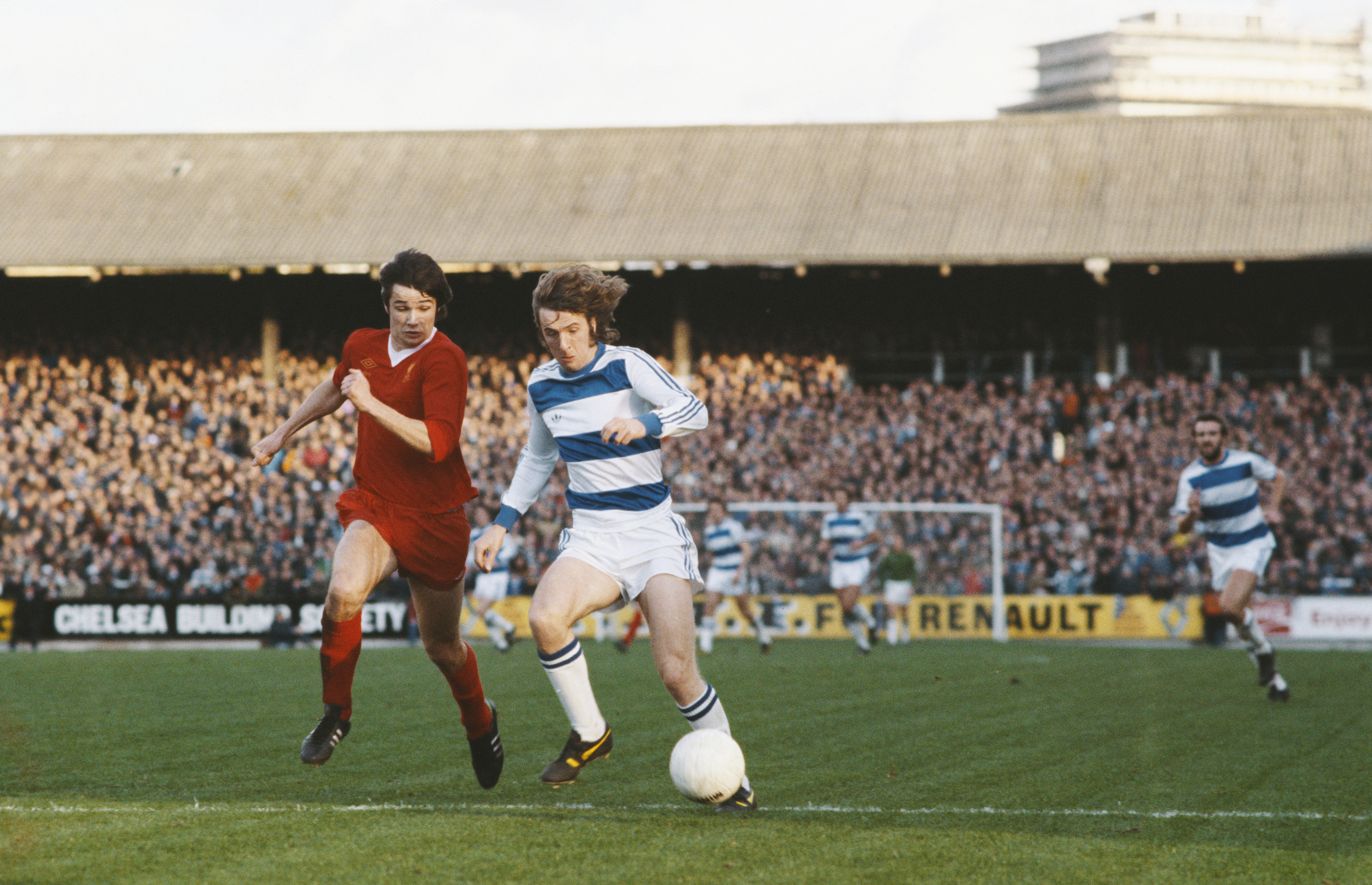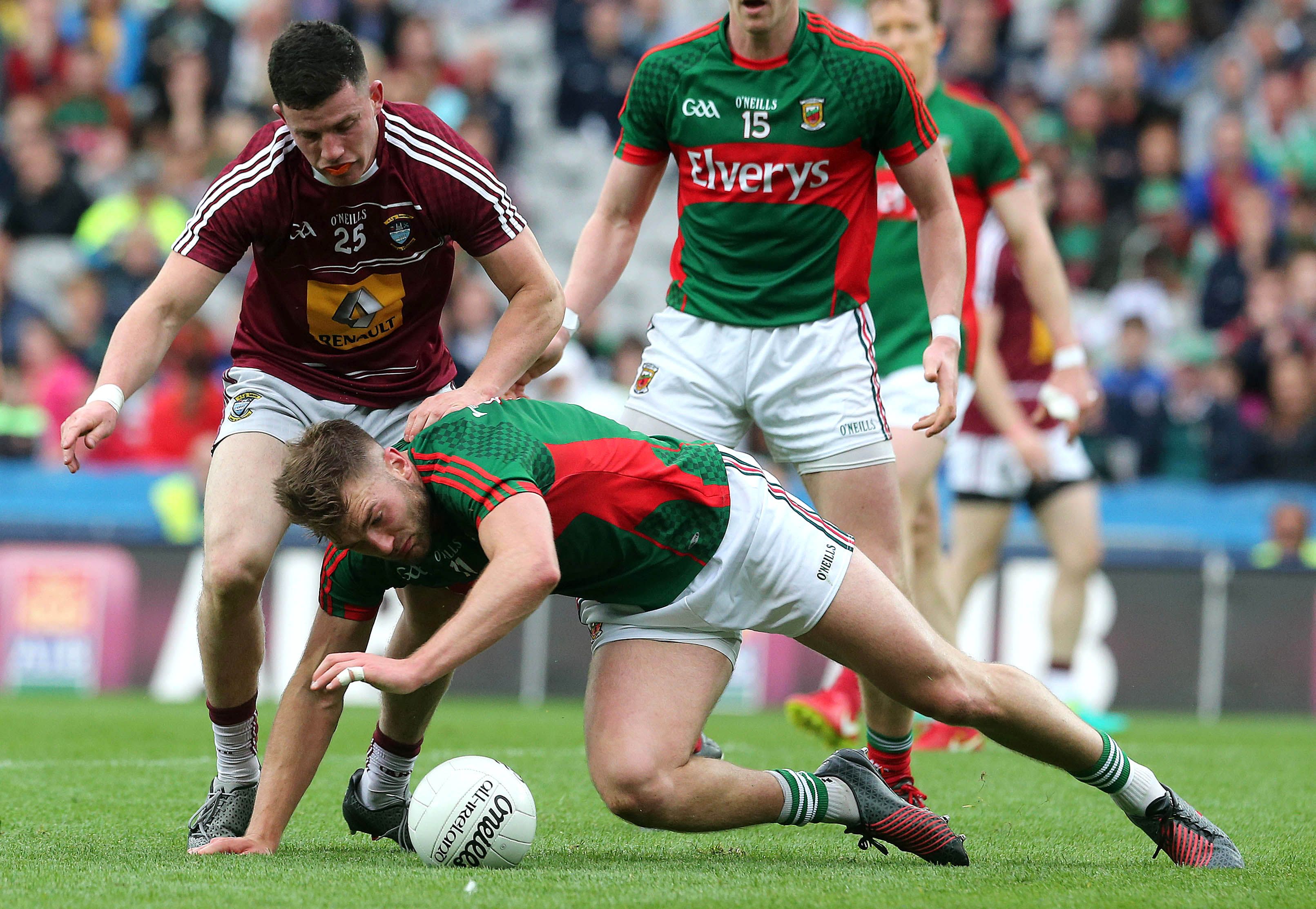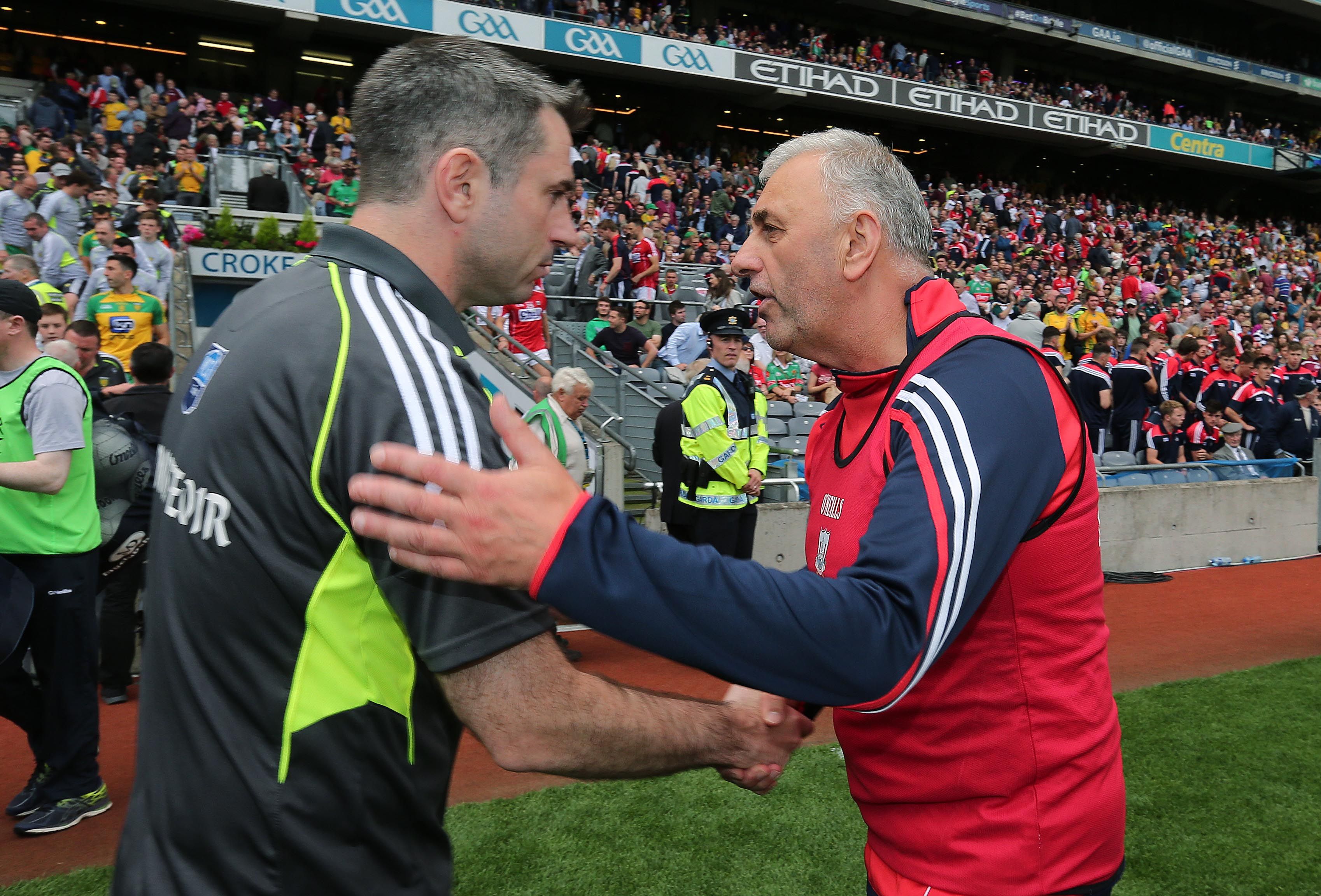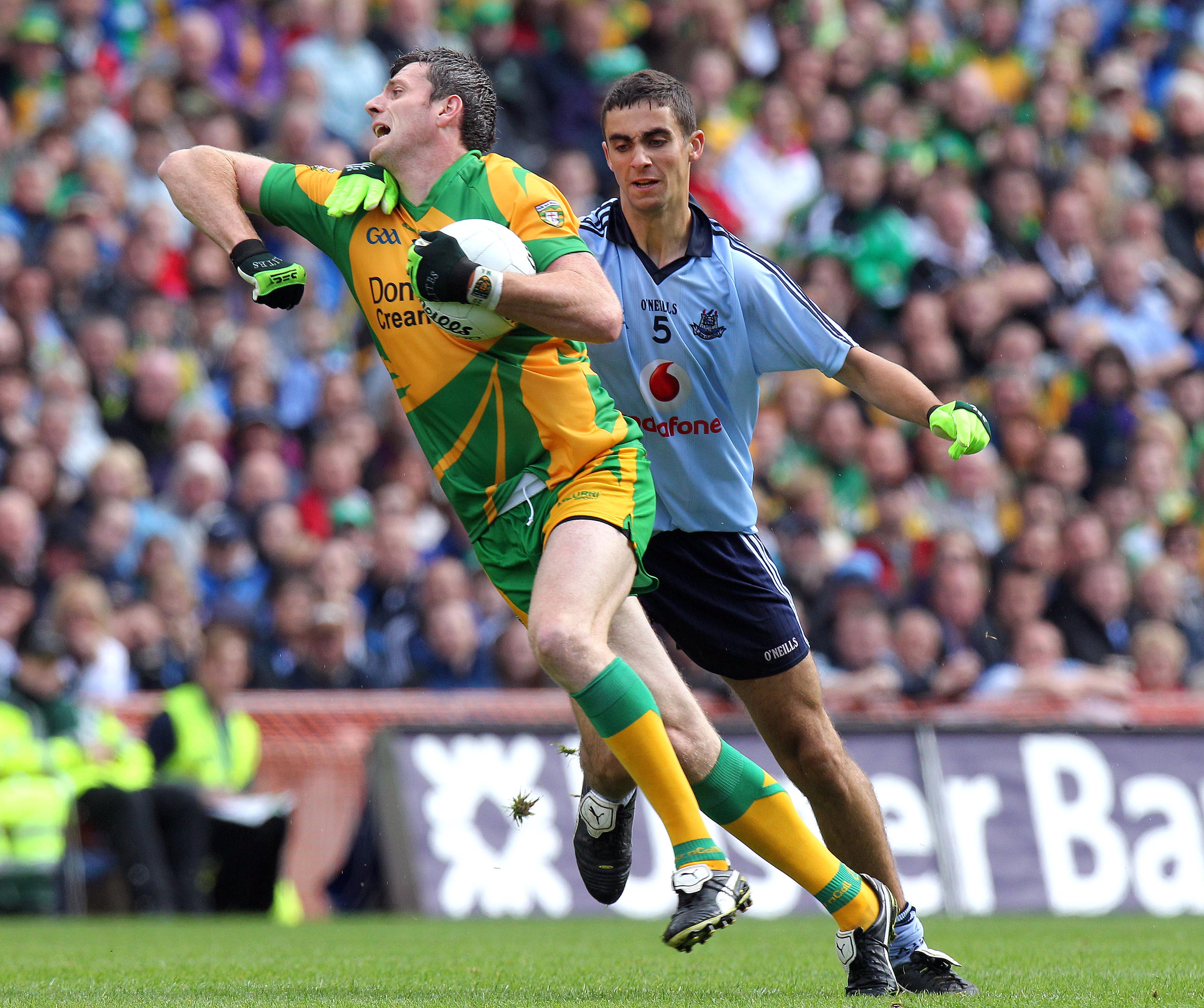In the questionnaires that used to appear in Shoot magazine, the interviews with the top footballers asked them to detail their likes and dislikes, a section which often provided a window into the souls of these players.
Their likes could be anything. If it hadn’t featured in the food and drink section, steak and lager could be among them, alongside a night out with the lads, the music of George Benson, a fortnight in Marbella or, simply, dancing.
Dislikes would cover a wide range of topics too -income tax was one miscellaneous dislike – but there was always a few things the pros could be relied upon to round on in the final analysis.
Smoking was something they didn’t tolerate. Hooligans were another whose presence they felt it necessary to condemn. But there was a final category which was treated with particular contempt, a category which footballers treated with scorn for the damage they were doing to their profession: “People who knock the game.”
When footballers complained about people who knocked the game, it was during a time currently looked back on with great affection by people who now knock the game. But for the footballer of the time, it seemed they were surrounded by people who knocked the game, who dismissed it as a dying form and compared it unfavourably with the heroic figures of the past.
There were people who complained about coaching and the invasion of negative tactics which were denying spectators some of the traditional joys of the game like wing play. Those people who knocked the game insisted it would wither soon if it didn’t revert to traditional methods.
There is, according to many good judges, a crisis in Gaelic games. This is particularly true of Gaelic football which is on the point of extinction and has been for some time, due to the negative tactics – sometimes known simply as tactics – which have infected the great game.
Every weekend the cry goes up that this can’t go on much longer. The people – particularly the RTE pundits – have suffered enough. While there seem to be real problems with the format of the All-Ireland championships in both codes, maybe there isn’t as much to worry about as some would insist.
It would be stretching things to say bliss was it to be alive in Croke Park on Saturday, but there were two games which exceeded expectations, even if it doesn’t take much to exceed expectations in Gaelic football at the moment.
Cork and Donegal provided the game of the season according to those who know about these things, even if it was slightly diminshed because it was played in a quarter-full stadium.
Of course, Gaelic games are unfathomable in some ways to the outsider, a group which includes myself. How a team ends up in round 4B of the qualifiers or round 4A is not something I can fully comprehend. But once there are people out there who know what’s going on, maybe I don’t need to.
The penalty for over-carrying in the small square awarded to Mayo in the second game on Saturday baffled many experts, but the GAA, like Enoch Powell, can sometimes seem to have been driven mad by the remorselessness of its own logic. Or, indeed, the remorselessness of its own lack of logic.
But it does function. During the minor match, I asked if I could get a sandwich in the tea room, but was told they wouldn’t be handed out until halftime in the Cork-Donegal game. A colleague arrived shortly afterwards and joined us having picked up a sandwich. When I asked why, I was told it was because he missed half-time in the minor match when he could have got a sandwich. I missed it too, I said, and was given a sandwich. I don’t know exactly what happened, but I did come away with a sandwich which may or may not be a metaphor for something.
Maybe all the GAA needs to revitalise things is a radical reformation of its tournament structure. If a format could be agreed upon that made more matches meaningful then Gaelic games may discover that it’s not experiencing anything other than the natural crisis that comes with great change.
There has been a tactical revolution in the game in the past five years which has coincided and has been made possible by huge advances in physical conditioning.
It may be necessary to tweak the rules – as football did with the back pass – but it may also be necessary to accept that things have changed.
Championship restructure talk has been everywhere this week – here's @Woolberto's plan for the future of GAA https://t.co/XCPwupUS68
— GAA JOE (@GAA__JOE) July 30, 2016
It’s as if Hungary arrived in England in 1953 to show those who invented the game that everything they knew was wrong and at the same time Arsene Wenger showed up talking about broccoli and steamed fish.
If Dublin-Donegal in 2011 was the England-Hungary for Gaelic football, it wasn’t viewed with the same relish. This was understandable given that a football game which ends 6-3 may be seem as more exciting than a Gaelic football match with about the same number of scores.
But to the untrained eye like mine, there is something thrilling watching the methodical and patient build up from teams in modern Gaelic football as they search for an opening. There may not be the visceral pleasures of the past which include the sight of midfielders soaring to win high balls before they boot it forward, but there are other more collective pleasures to witness.
On Saturday there was also the performance of Paddy McBrearty, the tension of a knock-out game and the fight back from Westmeath in the second match.
"When a ball is kicked in his direction, Moran declares all-out war. He goes for it with everything he has in him"https://t.co/47Duyv4MEL
— GAA JOE (@GAA__JOE) July 30, 2016
There is also the sense of a game figuring out just how far it can go with its tactical innovations and there is something exciting about that. The only way it won’t go is backwards. The people who knock the game will just have to accept that.


































